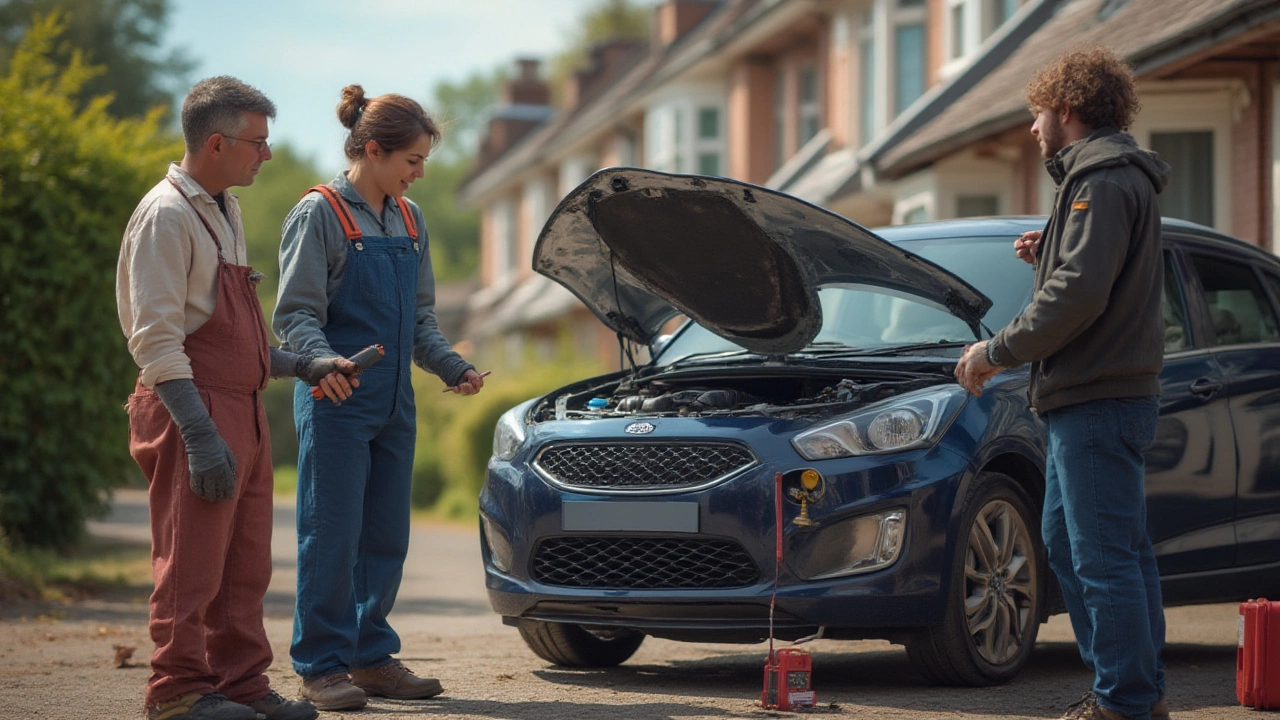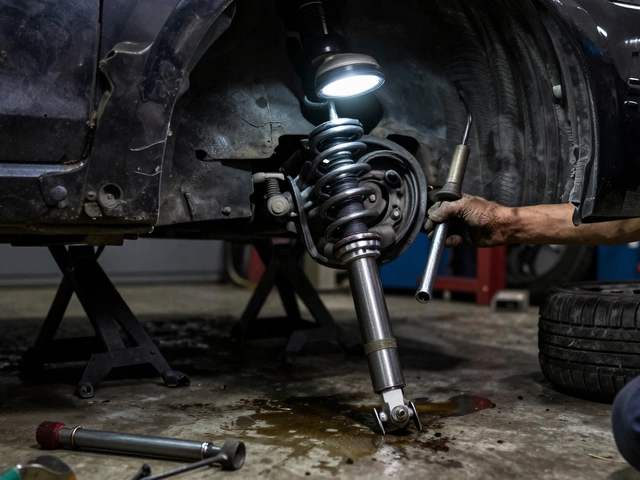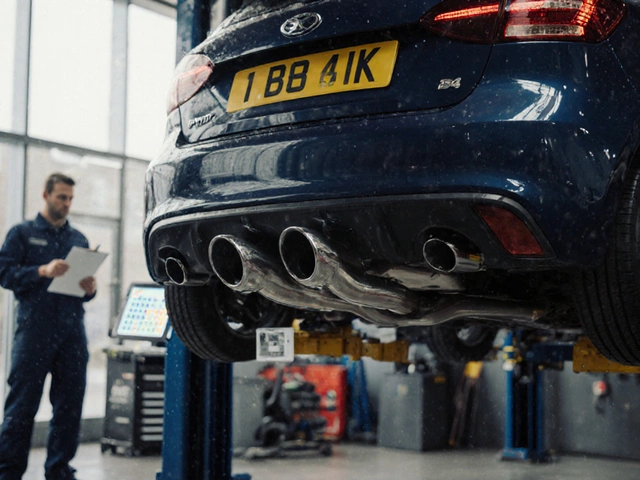Fuel Pump Test Guide – Simple Steps to Find a Bad Fuel Pump
If your car struggles to start or stalls at odd moments, the fuel pump could be the culprit. Before you tow it to a garage, try these easy tests. They don’t need fancy tools and they’ll tell you if the pump is working or if you need a replacement.
Listen and Smell – First Checks
Turn the ignition to the "on" position without cranking the engine. A healthy pump makes a soft whirring noise for a couple of seconds. No sound? You might have a dead pump or a blown fuse. While you’re at it, sniff around the fuel tank area. A strong gasoline odor can mean a leak, which also points to pump trouble.
Electrical Test – Using a Multimeter
Grab a multimeter and locate the pump’s power connector (refer to your car’s service manual for the exact pin). Set the meter to DC voltage and have a helper turn the key to start. You should see around 12 volts. If the voltage is low or zero, check the fuse and relay first. No voltage after that means a wiring problem, not the pump itself.
Next, measure the pump’s resistance. Disconnect the connector and place the probe across the pump’s terminals. Most pumps read between 2 and 6 ohms. A reading far outside that range usually means internal damage.
Pressure Test – Is the Pump Delivering Fuel?
For a more accurate check, use a fuel pressure gauge. Attach it to the test port on the fuel rail (again, your manual will show the spot). Turn the ignition on and watch the pressure rise. Typical petrol engines need 40‑60 psi, while diesel engines might need 200‑300 psi. Low pressure indicates a weak pump, a clogged filter, or a leaking fuel line.
If the pressure spikes then drops quickly, the pump is probably failing under load. In that case, replace the pump or have a professional do a deeper diagnosis.
When to Call a Pro
Some problems are best left to experts: cracked fuel lines, internal pump wear that needs special tools, or complex electronic control issues. If your tests point to a pump problem but you’re unsure about the replacement, schedule a visit to a trusted garage.
Northwich Tyres Centre can help. We have the tools, parts, and experience to replace fuel pumps quickly and get you back on the road. Bring your car in for a diagnostic if the DIY checks don’t give you a clear answer.
Remember, a faulty fuel pump can affect acceleration, cause stalling, and even damage the engine over time. Regularly listening for the pump’s sound and checking fuel pressure can catch issues early, saving you money and hassle.
Now you have a clear, step‑by‑step plan to test your fuel pump. Try the simple checks first, move to the electrical test if needed, and don’t hesitate to seek professional help when the job gets tough. Your car will thank you with smoother starts and reliable performance.
 31 July 2025
31 July 2025
How to Test a Fuel Pump: Step-by-Step Guide for Accurate Diagnosis
Learn easy and accurate ways to test a fuel pump, spot warning signs, and choose the best tools. Find real tips from pros and spot-on advice for any skill level.
Tags
- car maintenance
- engine oil
- spark plugs
- brake pads
- engine performance
- vehicle maintenance
- spark plug replacement
- windshield wipers
- fuel pump
- suspension parts
- clutch replacement
- clutch kit
- car performance
- oil change
- air filters
- car suspension
- car radiator
- exhaust systems
- engine misfire
- fuel pump failure






0